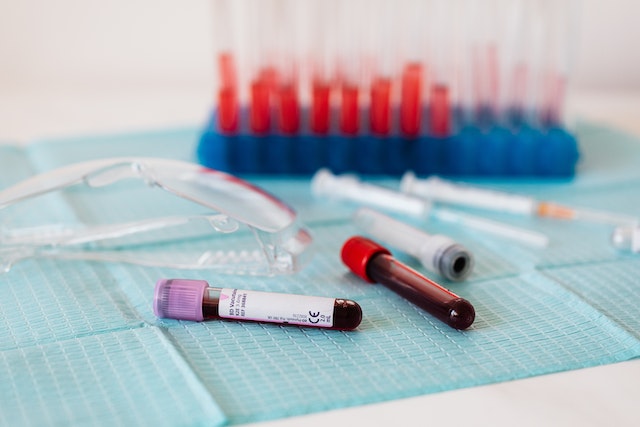
Overview: chemical biology to understand myeloma
Multiple myeloma is a highly heteroegeneous cancer. While patients undergo common precursor stages of the disease, much of the molecular mechanisms underlying disease progression remain unknown. There are many unanswered questions in the evolution of myeloma and our group believes chemical biology methods can provide interesting answers.
My fascination for multiple myeloma is one of the reasons I returned to academia. While working in the IVD industry on assays for myeloma disease monitoring, I kept thinking that there are so many open questions we do not adress, so many important points for patients that we're not working on. These realisations motivated me to start my path as independent researcher. (Simon Nadal)
Epigenetic drivers of myeloma
Epigenetic abnormalities feature prominently in the pathobiology of multiple myeloma (MM). Epigenetic marks such as histone post-translational modifications (PTMs) regulate inheritable changes in gene expression, without changing the underlying gene sequence. Aberrant epigenetic signaling is a hallmark of many cancers including multiple myeloma.
Despite their importance, the scientific community has long lacked tools to study histone PTMs on a molecular level, impairing on our understanding of disease pathologies and their clinical progression. Our capacity to synthetise synthetic histones with defined epigenetic marks (see Chemical Biology) enables us to probe the role of these modifications in the disease, using myeloma cell lines as a model.
Our current projects focus on methylation marks that regulate gene expression (H3K4me1-3, H3K9me1-3, H3K27me1-3) which we re-create synthetically through post-translational chemical mutagenesis. These synthetic histones can be assembled into the physiologically relevant substrate, synthetic nucleosomes, and used as probes in pull-down experiments for proteomics to identify PTM-specific interaction partners. These results will allow us to infer on the signaling mechanism either activated by a histone PTM or signalling mechanisms leading to a given histone mark, therefore providing clues on its role in the disease pathobiology of myeloma.
Novel therapeutic strategies for high-risk SMM and RRMM
While therapies for patients with Multiple Myeloma have improved significantly in the last decade, it remains an incurable cancer and patient disparities create unmet medical needs. Indeed, patients with poor prognosis factors as well as with refractory/relapsed myeloma (RRMM) are in the need of novel therapeutic options.
MM-SET (multiple myeloma SET domain, also known as NSD2) is an overexpressed histone methyltransferase (HKMTase) in myeloma. This oncogene is linked to the t(4;14) translocation, a very common gene rearragement which correlates with poor prognosis for patients. MM-SET is required for myeloma cell survival and has been suggested as a promising drug target.
MM-SET binds and methylates preferentially to H3K36me1 in comparison to H3K36me0 and does not act on H3K36me3. Our ability to synthetise histones with defined post-translational modifications (see Chemical Biology) enables us to develop an assay for drug discovery using H3K36me1-carrying nucleosomes and recombinantly expressed MM-SET with HA tag. This allows us in turn to find novel inhibitors for this intersting drug target.
Antigens of myeloma
Chronic antigen stimulation has been suggested to additionally fuel myeloma progression, further driving plasma cells that have accumulated oncogenic mutations towards a cancerous phenotype. Three main classes of antigens – lysolipids, pathogens and autoantigens with aberrant post-translational modifications – have already been identified. However, a lack of research tools to study the role of antigens on a cellular level has been hampering our understanding of antigen implications in myelomagenesis.
Our aim is to discover pairs between a myeloma cell line expressing an immunoglobulin with its specific antigen, sequence the immunoglobulin and synthetise the antigen (through organic synthesis, peptide synthesis, modification of recombinant proteins). (Bio-)chemical synthesis of antigens and derived chemical probes for their paired myeloma cell lines will allow us to create impactful tools for myeloma research, diagnostics and therapy.

